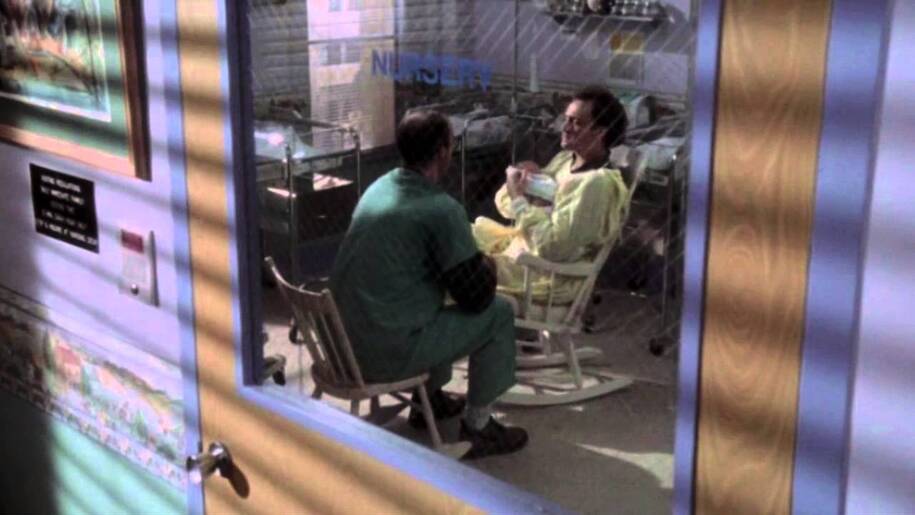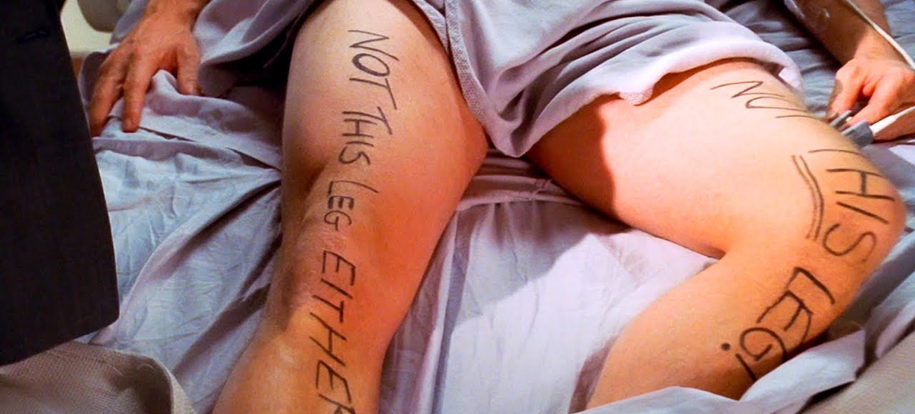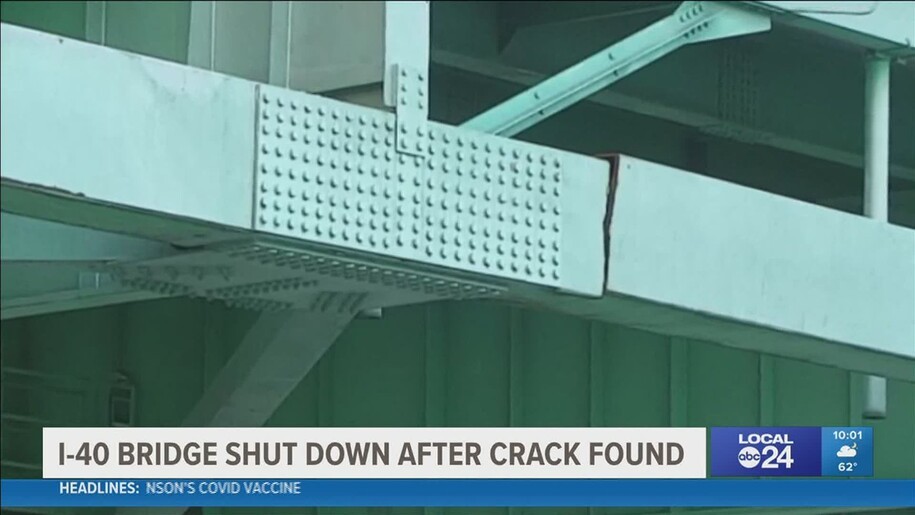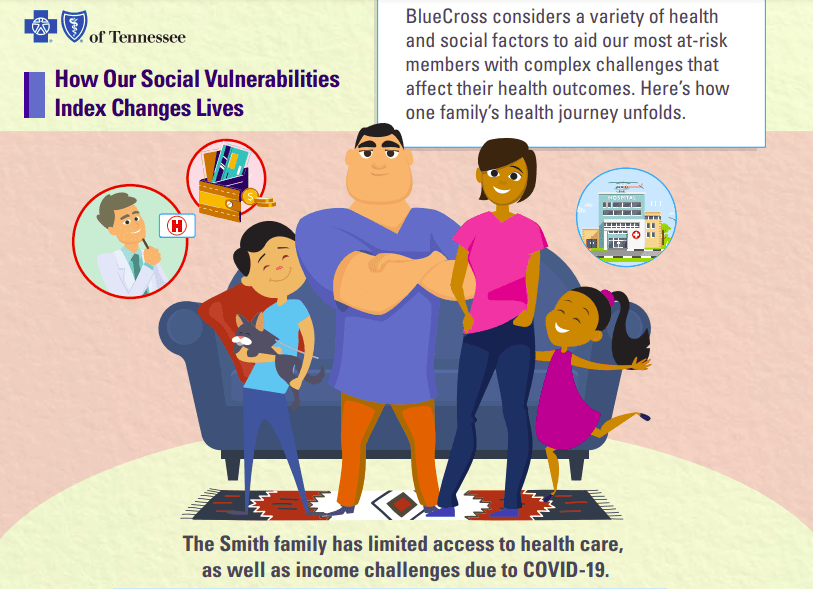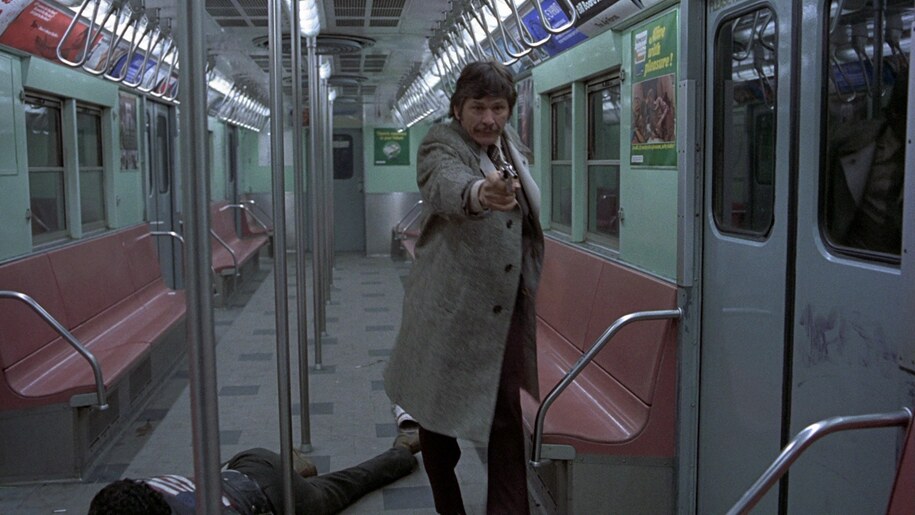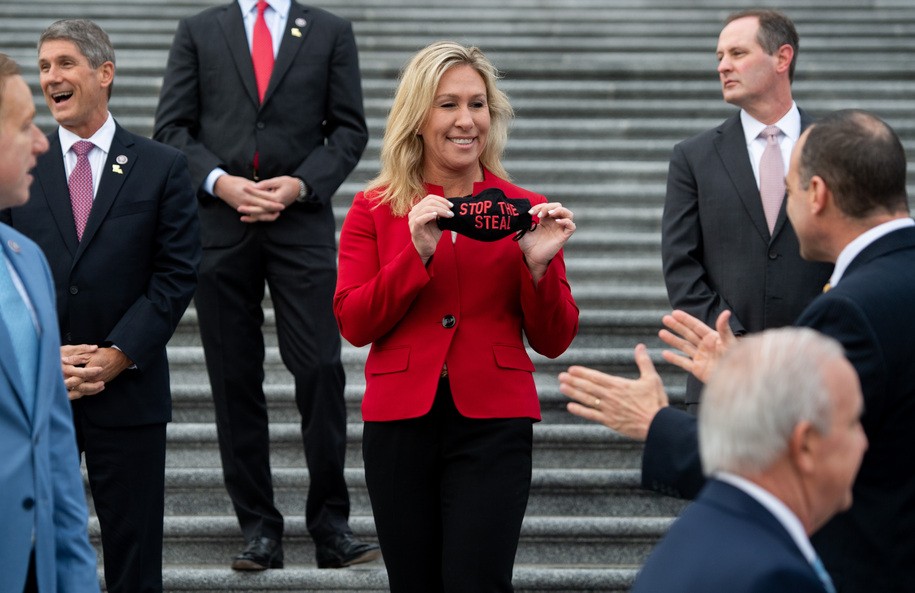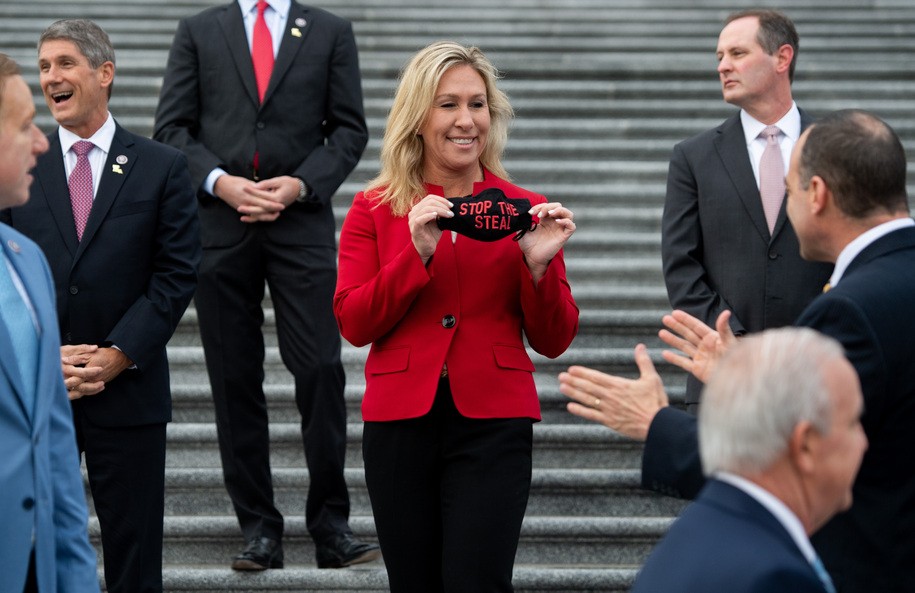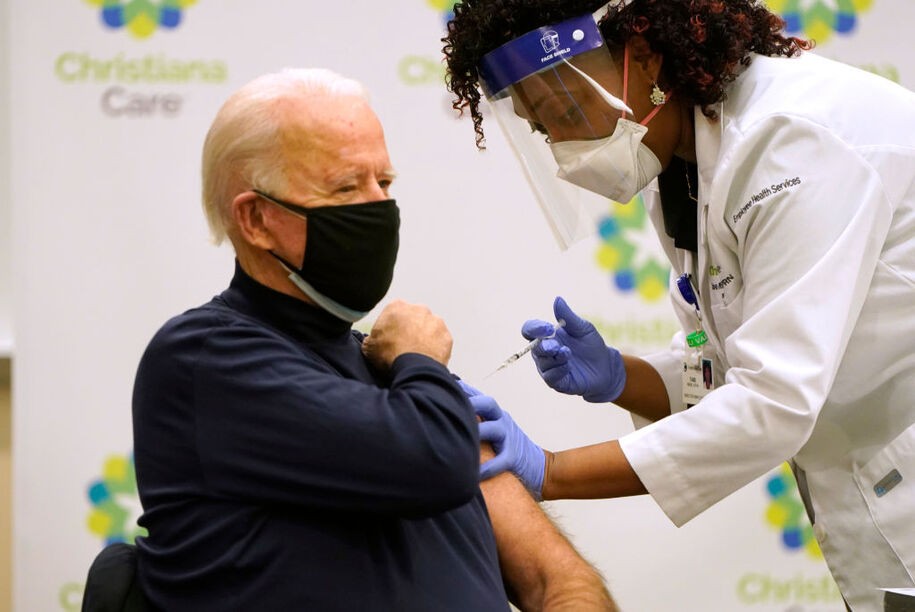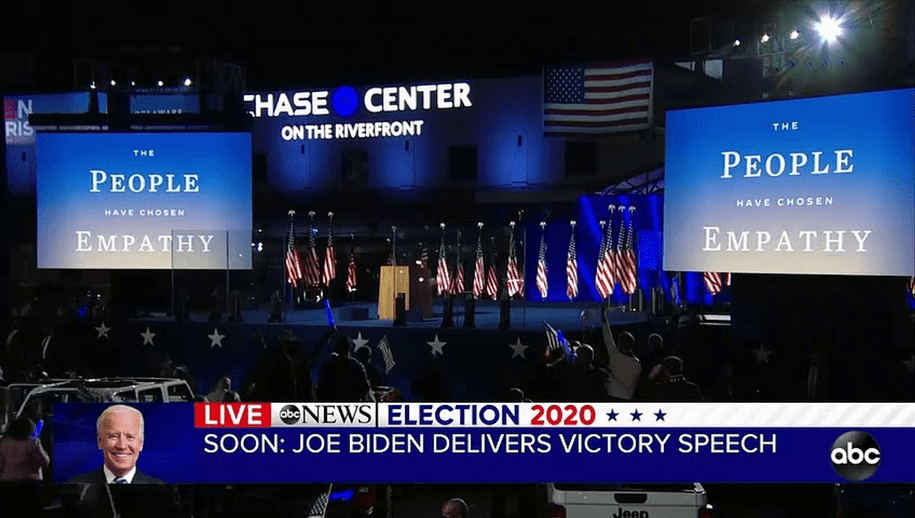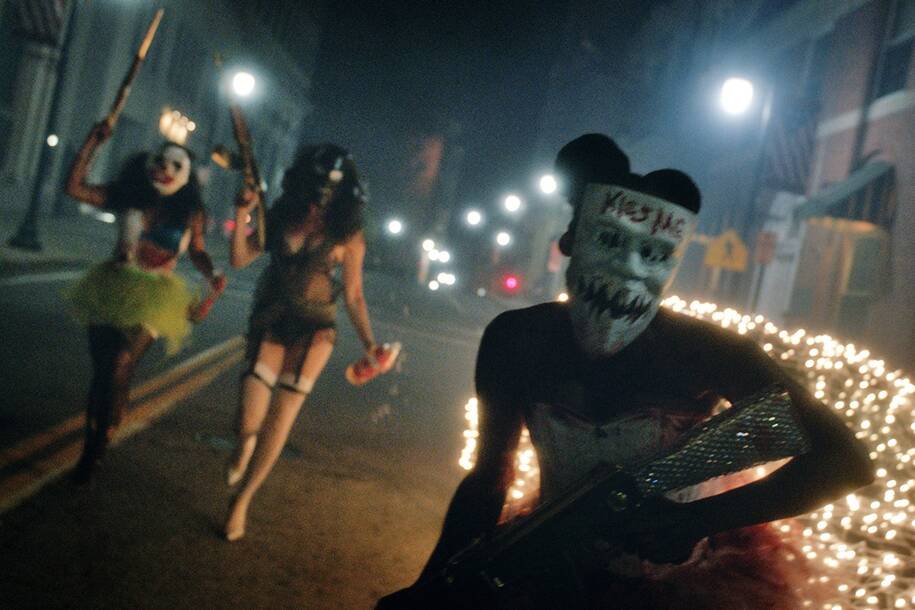Bad doctors, big problems, Part II: A path forward
Editor’s note: This is Part II of a two-part story. Read Part I, which was originally published on January 10, here.
In 2004, Florida voters passed a three-strikes medical malpractice law. The law as passed would have revoked the medical license of any practitioner hit with three judgments of malpractice by a court in a lawsuit, or those who received an adverse finding by a medical board or an arbitrator.

